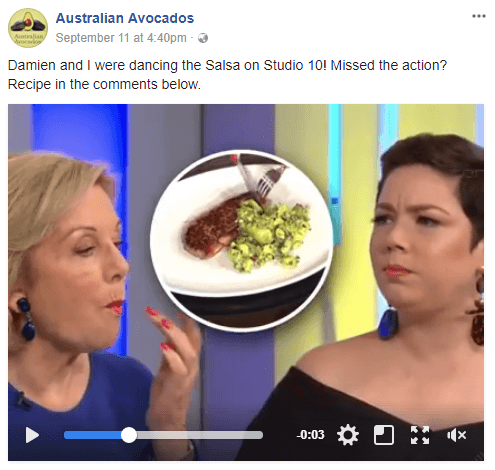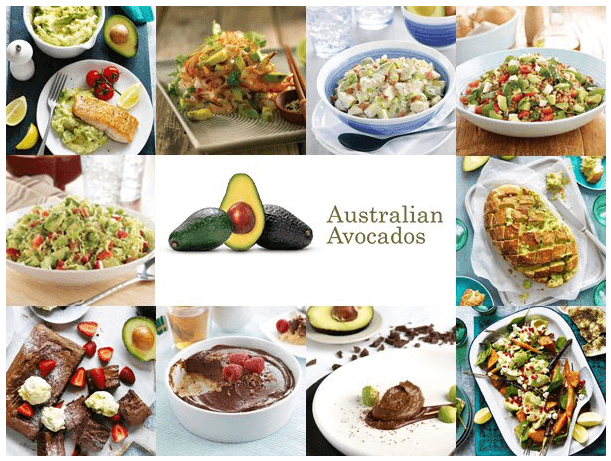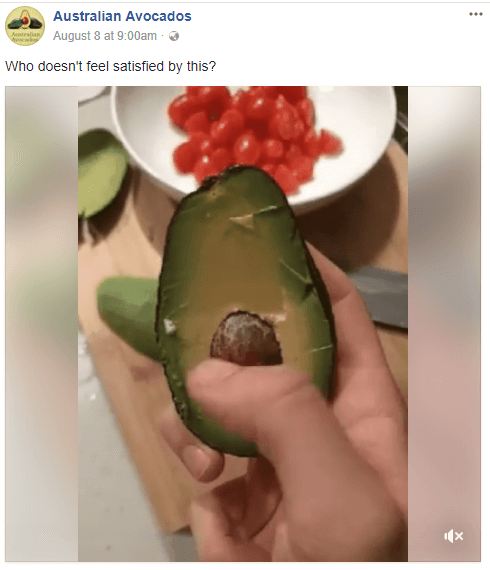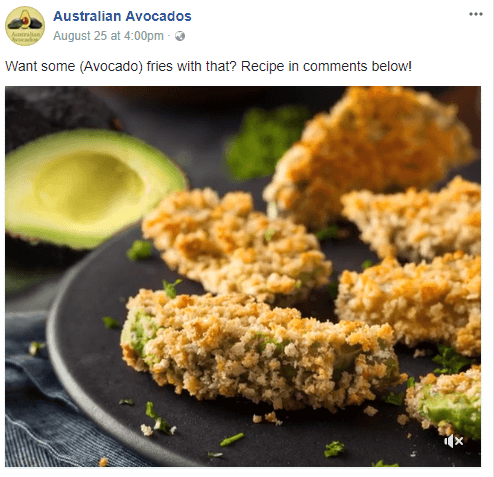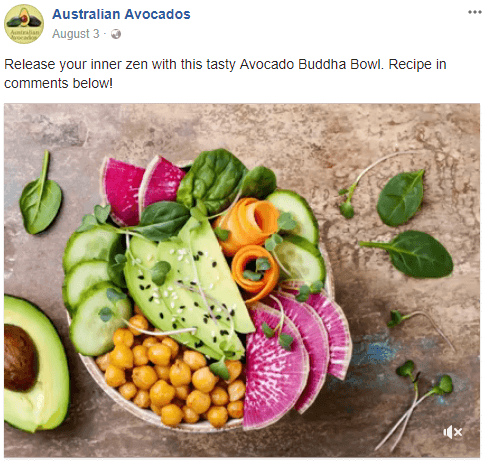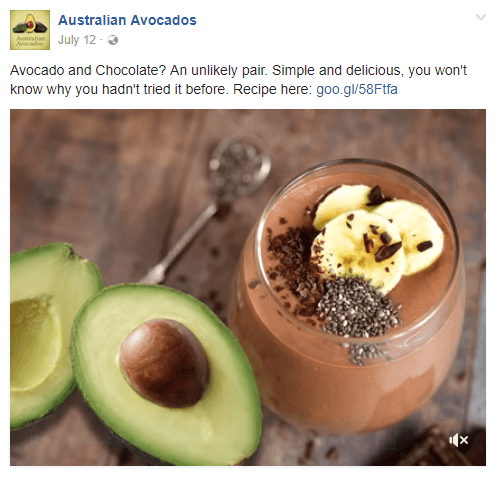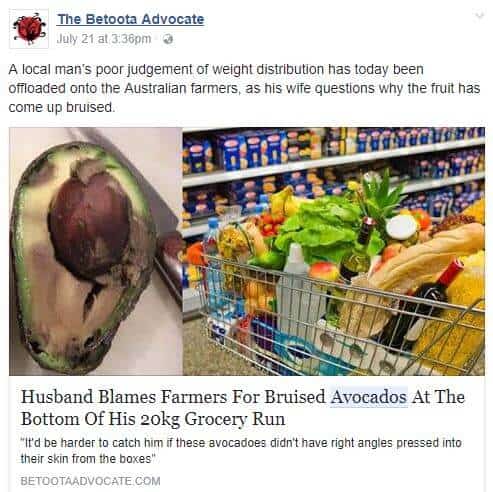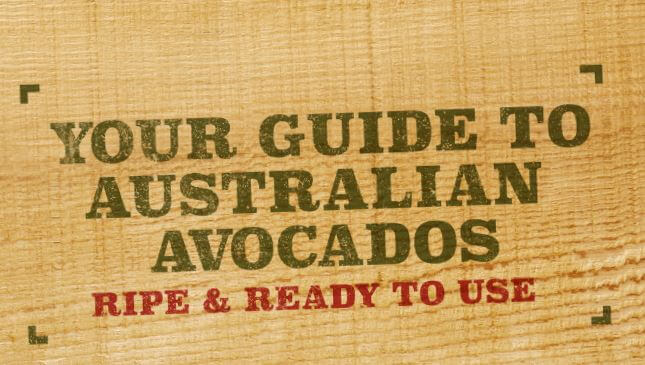This article appears in the Winter 2017 edition of Talking Avocados (Volume 28 No 2).
Ripe & ready to eat in Singapore
By Jenny Margetts, P2P Business Solutions
In recent week Australian exporters, Avocados Australia and the Department of Agriculture and Fisheries Queensland have been working together to support ‘ripe & ready to eat’ export trials in the Singapore market.
“We have a great advantage in Singapore in that our fruit is the freshest and we want Singaporeans to be able to access ‘ripe & ready to eat’ Australian avocados,” Avocados Australia CEO John Tyas said. “We know from research here in Australia and in other countries that offering a ‘ripe’ selection of fruit will increase overall sales in the category.”
Antony Allen, CEO of The Avolution, who was supporting the trials in Singapore, said one of the challenges was to have consistently ‘ripe’ product in the best possible condition for the consumer.
“This means it’s important that everyone along the supply chain plays their role. In recent weeks we have been working with our importer to deliver a ‘ripe & ready to eat’ program through one of the supermarket chains in Singapore,” Mr Allen said.
The project team is delivering training to staff members tailored to meet the needs of the supply chain businesses and at the same time helping educate consumers in Singapore.
“Primarily, Singaporean consumers seem interested to know about how they can use avocados and how to tell if an avocado is ripe, so we are using point-of-sale leaflets to educate consumers on how to choose a ripe avocado, ways they can use them and why they should be buying Australian avocados,” Mr Tyas said. “They know that avocados are healthy for you and often use avocados in smoothies with milk or coconut milk and palm sugar.”
In recent store demonstrations in Singapore, customers were offered ripe cubed avocado dipped in cocoa powder and cayenne pepper – a combination of sweet and savoury, which most customers seemed to enjoy. Changing culinary trends in Singapore are also resulting ‘ripe & ready to eat’ in Singapore in avocados being used in other ways, such as in salads and guacamole.
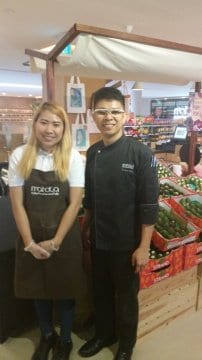
The Mahota chef and product demonstrator for Australian avocados at the Prime Supermarkets’ flagship Mahota Commune store.
“It is also often said that Singaporeans prefer to buy their avocados unripened and wait for them to ripen at home,” Mr Allen said. “Our anecdotal evidence, from the work that has been undertaken in recent weeks, is that consumers may be more interested in purchasing ‘ripe’ fruit than the market expects. As part of the process, sales data and feedback from the supply chain partners in Singapore is being analysed to see how the figures stack up.”
The range of training materials Avocados Australia and DAF Queensland have developed for supply chain parties is being tested and modified to suit the market. It builds on previous industry work and aims to improve ripening and handling skills along the supply chain to the retail store.
Although the focus is on retail, the training being undertaken will also benefit food service supply chains that Australia services in Singapore.
On the Australian side, Avocados Australia is looking to support growers and exporters in the adoption of improved handling practices so that the fruit being offered in export markets is of the highest quality.
“We know that with the increasing supply of avocados in the coming years that the development of premium export markets will be very important for our industry,” Mr Tyas said. “We are heartened to see that growers are actively asking for information about how they can support and participate in export supply chains. During the next year, we plan to work with our exporters and growers to help the whole industry gain a better understanding of export requirements and have fruit that is export-ready.”
Acknowledgement
These market development activities are being undertaken as part of a project being funded by the Australian Government’s Package Assisting Small Exporters Program, the Avocado Export Company, Sunfresh and The Avolution.

